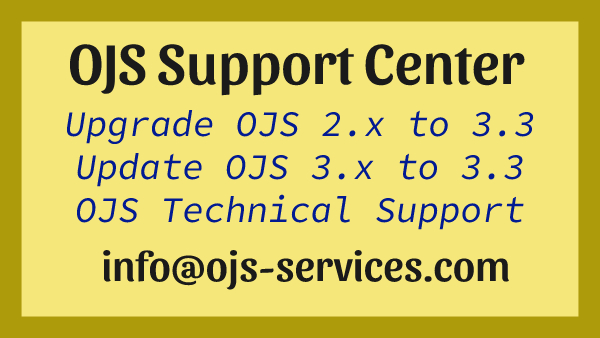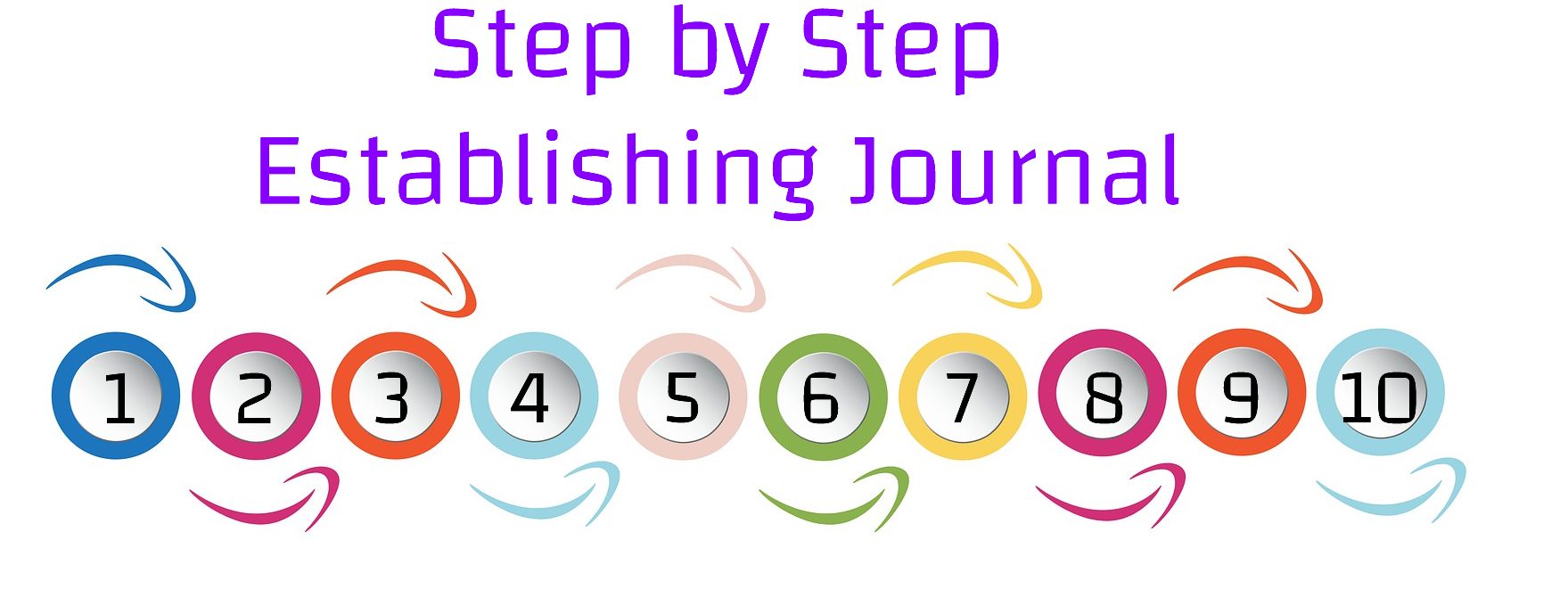In the ever-evolving landscape of academic publishing, the accessibility and transparency of citation data have become paramount. The Initiative for Open Citations (I4OC) is a pioneering movement aimed at making citation data freely available and easily accessible. This blog post delves into what I4OC is and explores how journals using Open Journal Systems (OJS) can align with its standards to promote open citations.
What is the Initiative for Open Citations (I4OC)?
The Initiative for Open Citations (I4OC) is a collaborative effort involving scholarly publishers, researchers, and other stakeholders committed to enhancing the availability of citation data. The primary goals of I4OC are:
- Increase the Availability of Citation Data: Making citation data openly accessible to enhance the discoverability and reusability of research.
- Improve the Quality of Metadata: Ensuring that citation data is complete, accurate, and up-to-date.
- Enhance the Infrastructure for Citation Data: Supporting the development of tools and services that utilize open citation data for the benefit of the scholarly community.
I4OC advocates for citation data to be structured, machine-readable, and freely accessible, which facilitates greater transparency and connectivity in scholarly communication.
How OJS Integrates with I4OC
Open Journal Systems (OJS) is an open-source journal management and publishing system widely used by academic journals. OJS 3, the latest version, offers several features that can help journals comply with I4OC standards for open citations.
Key Features of OJS 3 for I4OC Compliance
- Support for DOIs: OJS supports the use of Digital Object Identifiers (DOIs) for articles, which are crucial for managing citations in a standardized format. DOIs provide a persistent link to digital content and ensure accurate citation tracking.
- Crossref Integration: OJS can be integrated with Crossref, a leading DOI registration agency, to automatically deposit and update citation data. Crossref is a key partner in the I4OC initiative, and participation in Crossref helps journals make their citation data openly available.
- Citation Export Plugins: OJS includes plugins for exporting citation data in various formats (e.g., Crossref XML, BibTeX), which can be used to share citation data with repositories and other services that support open citations.
- Metadata Management: OJS provides tools for managing and enhancing the metadata of published articles, including citations. This ensures that citation data is accurate, complete, and up-to-date.
- Open Access Policies: OJS supports open access publishing, aligning with I4OC principles by making research outputs, including citation data, freely accessible to the public.
- Customizable Workflows: OJS allows for customizable editorial and publishing workflows, which can include steps to ensure that citation data is properly captured and shared during the publication process.
Responding to I4OC Compliance Queries
Journals using OJS 3 may encounter queries regarding their compliance with I4OC standards for open citations. To accurately respond, it’s essential to evaluate specific criteria related to citation data management and accessibility.
When to Answer “Yes”
Your journal can confidently respond “yes” to I4OC compliance if it meets the following criteria:
- DOI Usage: Your articles have DOIs, and these DOIs are used to provide structured citation data.
- Crossref Integration: Your journal is integrated with Crossref, and citation data is regularly deposited and updated.
- Open Citation Data: Your citation data is openly accessible through Crossref or other platforms.
- Accurate Metadata Management: Your metadata, including citation data, is managed accurately and comprehensively.
- Open Access Policies: Your journal supports open access policies, ensuring that research outputs are freely accessible.
Example Response: “Yes, our journal complies with I4OC standards for open citations. We use DOIs, integrate with Crossref, and ensure our citation data is openly accessible and well-managed.”
When to Answer “No”
If your journal does not meet the above criteria, it’s appropriate to respond “no” and outline plans to achieve compliance.
Example Response: “No, our journal currently does not comply with I4OC standards for open citations. However, we are planning to implement the necessary steps to achieve compliance.”
Conclusion
The Initiative for Open Citations (I4OC) represents a significant step forward in the quest for greater transparency and accessibility in scholarly publishing. By leveraging the robust features of OJS 3, journals can align with I4OC standards and contribute to the global movement towards open citations. Whether your journal is already compliant or working towards compliance, understanding and integrating these principles will enhance the discoverability and impact of your research.


Comments are closed